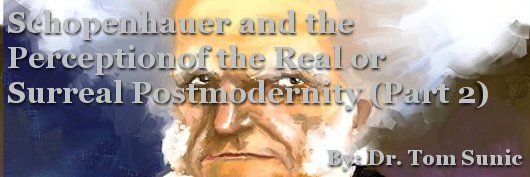Glenn Beck on George Soros
Glenn Beck has not exactly been a favorite around here (see here, here, and here), but his series on George Soros is intriguing to say the least. Beck has honed in on Soros as the root of all evil, and he has emphasized the point that Soros is Jewish. Beck seems have two main complaints: that Soros is a major funder of the left and that he is a currency manipulator poised to take down the dollar and foment revolution in the US.
Soros is well-known for funding the left, but Beck sees Soros as orchestrating the entire show:“For months, Glenn has been pulling back the structure progressives have worked decades to put in place. Beneath every layer lies one common thread: George Soros.” Beck’s team highlights Soros’ self-image as a messianic figure who believes he is able to change the world in his image: “If truth be known, I carried some rather potent messianic fantasies with me from childhood which I felt I had to control, otherwise I might end up in the loony bin. But when I made my way in the world, I wanted to indulge myself in my fantasies to the extent that I could afford.” Beck’s website shows how Soros funds the left, including Moveon.org, ACORN, Center for American Progress, the Tides Foundation, the Open Society Institute, and the National Council of La Raza. Read more









